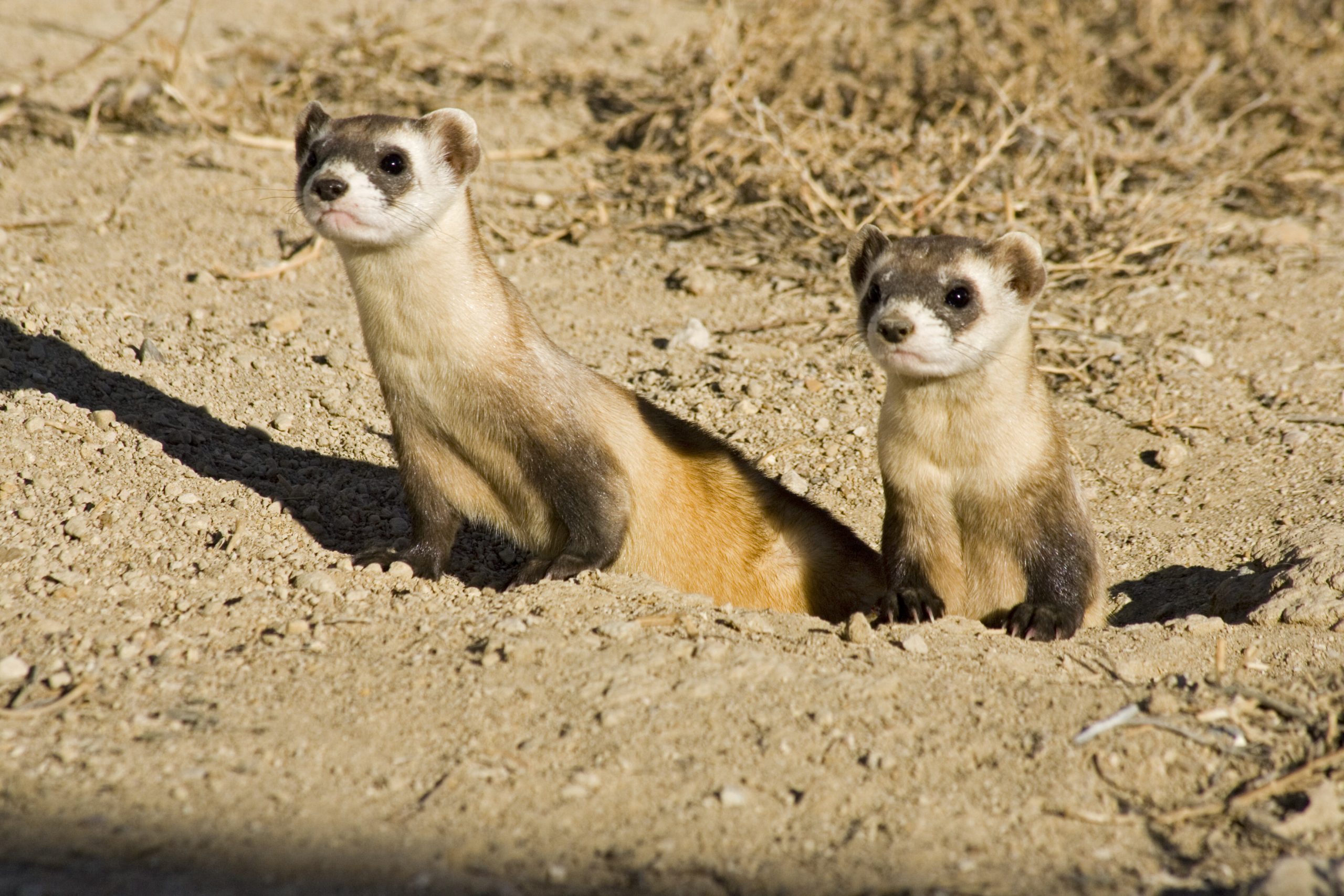Our Shared Canvas
“We want pleasure as we want air. We want love as we want water. We want one another as we want the earth we share.” – Maya Angelou
Some truths are common. Regardless of who we’re or the place we come from, we rely on the identical planet. The identical rivers and forests, the identical air currents and ocean tides. Nature connects us in methods we regularly overlook, binding our survival to one thing bigger than ourselves. And but, whereas environmental challenges have an effect on us all, they don’t have an effect on us equally.
In some neighborhoods, youngsters develop up taking part in underneath clear skies and in inexperienced parks. In others, playgrounds sit subsequent to factories, and the air carries a metallic haze. Some communities have the assets to organize for hurricanes and rising seas, whereas others are left in hurt’s manner, with out evacuation plans or restoration funds.
In a quiet coastal city, the ocean is shifting in, not simply as waves on the shore, however as a gradual declare on properties, streets, and reminiscences. For the households who stay right here, local weather change isn’t an summary headline. It’s at their doorstep.
This imbalance lies on the coronary heart of environmental justice– the concept everybody, in every single place, deserves the identical diploma of safety from environmental hurt and the identical entry to the advantages nature offers.
What’s Environmental Justice?
After I take into consideration environmental justice, I return to this reality. Our lives are inseparable from the air we breathe, the water we drink, and the land we stroll upon. But for too lengthy, the brushstrokes of historical past have painted inconsistently throughout our canvas, leaving some communities coated in gentle whereas others are shadowed by neglect and exploitation.
However the earth, like a masterpiece, is rarely completed. Each selection we make is a brand new brushstroke on the canvas. Every conservation effort, whether or not defending freshwaters, defending endangered species, or combating for clear air, is one other layer added to the portrait of our shared future.
Think about Flint, Michigan, the place residents of largely low-income households and communities of shade had been left with out secure ingesting water for years resulting from lead contamination. Clear water, some of the fundamental human rights, turned a privilege denied. The disaster wasn’t nearly infrastructure– it was about whose voices had been heard and whose weren’t.
At its core, environmental justice is about equity. It asks: Who bears the best burden of air pollution, local weather change, and environmental degradation? And who enjoys the advantages of fresh water, secure housing, and thriving ecosystems?
The reality is, weak communities – usually low-income households, Indigenous peoples, and communities of shade – disproportionately face the best dangers. Energy vegetation, waste services, and highways are much more prone to be constructed close to these neighborhoods, whereas inexperienced areas, clear power investments, and conservation funding usually bypass them.
Environmental justice seeks to appropriate this imbalance by making certain that no group of individuals is left to hold greater than their share of environmental hurt and that everybody has a voice within the selections shaping their surroundings.
© WWF / Troy Fleece
Why Conservation is Justice
It’s tempting to consider conservation and environmental justice as separate points: one targeted on saving wildlife, the opposite on defending folks. However the reality is, they’re inseparable. When forests are cleared, it isn’t solely wildlife that disappears. So do the medicines, clear water, and cultural traditions that native communities depend upon. Coral reefs that bleach threaten coastal livelihoods. And ecosystems in collapse ripple far past the native panorama.
Defending nature means defending folks. Wholesome ecosystems filter the water we drink, stabilize the local weather we stay in, and supply the assets we have to thrive. Conservation isn’t nearly saving species; it’s about sustaining communities. And typically, it’s additionally in regards to the selections we make after we step into these wild areas as vacationers.
To follow true conservation is to follow justice: to safeguard each biodiversity and the dignity, rights, and futures of the individuals who depend upon it most.
Brighter Futures
The metaphor I hold returning to is the canvas. Our planet isn’t a completed portray—it’s a residing masterpiece, nonetheless in progress. And simply as no masterpiece is accomplished in a single draft, the struggle for environmental justice won’t be solved in a single era or one coverage. Progress is messy. It takes edits, new layers, and the braveness to return to the canvas repeatedly.
The reality is that this: the world we share remains to be in progress. What we add to it issues. Local weather justice, clear water, thriving forests, and guarded species usually are not summary beliefs. They’re brushstrokes ready for us to commit them to the canvas.
The Serengeti’s dry seasons finally give option to renewal when the rains return. Coral reefs can regenerate if given area and safety. Species as soon as thought misplaced just like the California condor or black-footed ferret have rebounded as a result of folks refused to surrender. Each shadow makes the sunshine extra good, each setback a chance to reimagine what’s potential.

© naturepl.com / Shattil & Rozinski / WWF
Maya Angelou’s phrases remind us of what’s at stake. Pleasure, love, and connection: these usually are not luxuries, however requirements. And so is the earth that sustains us.
If we decide to justice, we are able to construct a future the place clear air, secure water, and thriving nature aren’t privileges, however shared rights. As a result of defending the planet isn’t simply in regards to the surroundings; it’s about folks. All folks.
Our planet isn’t but full. And that’s the present. We nonetheless have time to maintain creating, hold refining, and hold making one thing solely we are able to make collectively.

